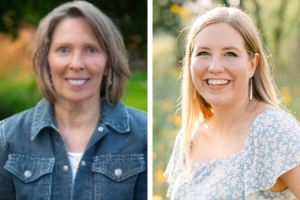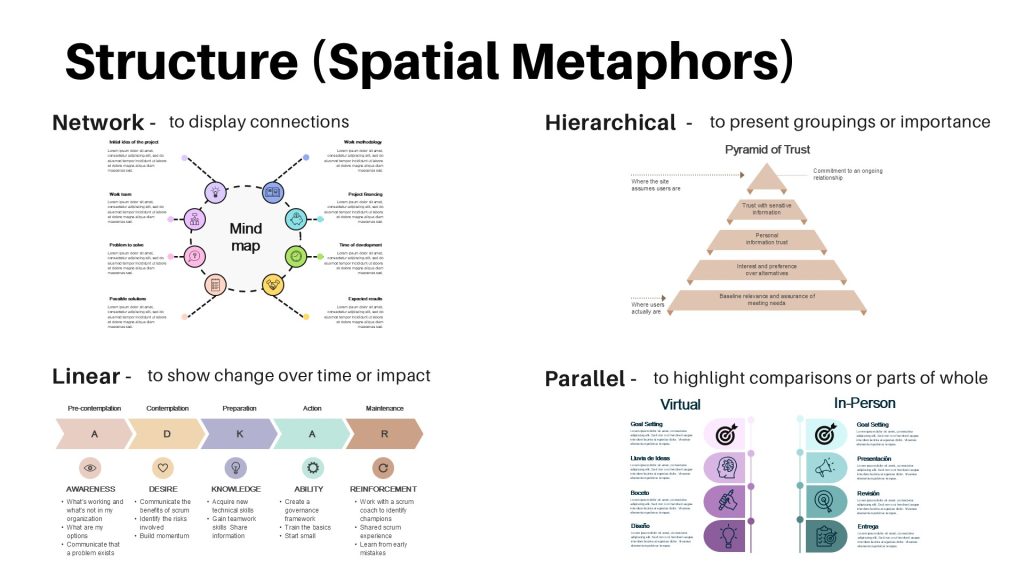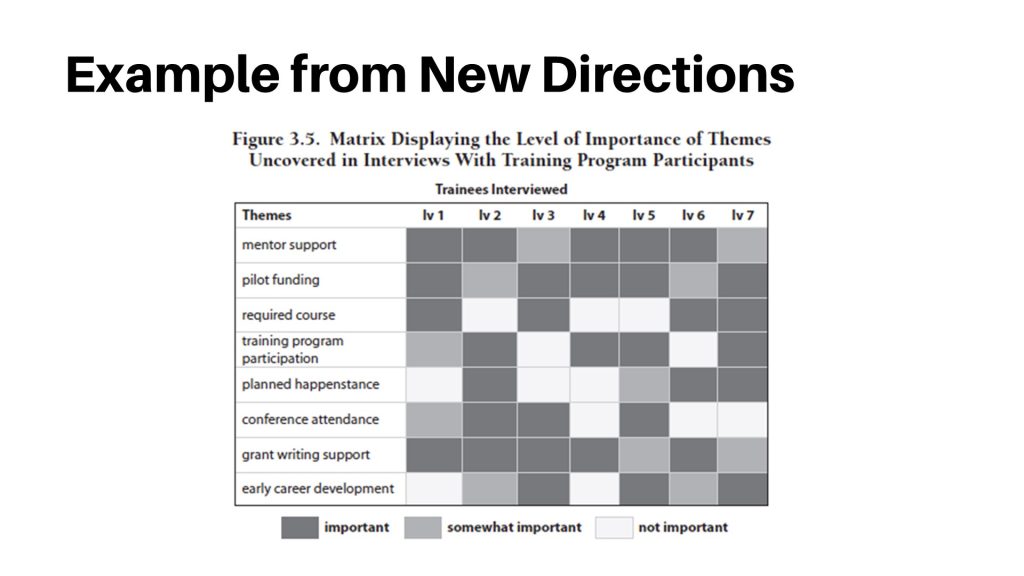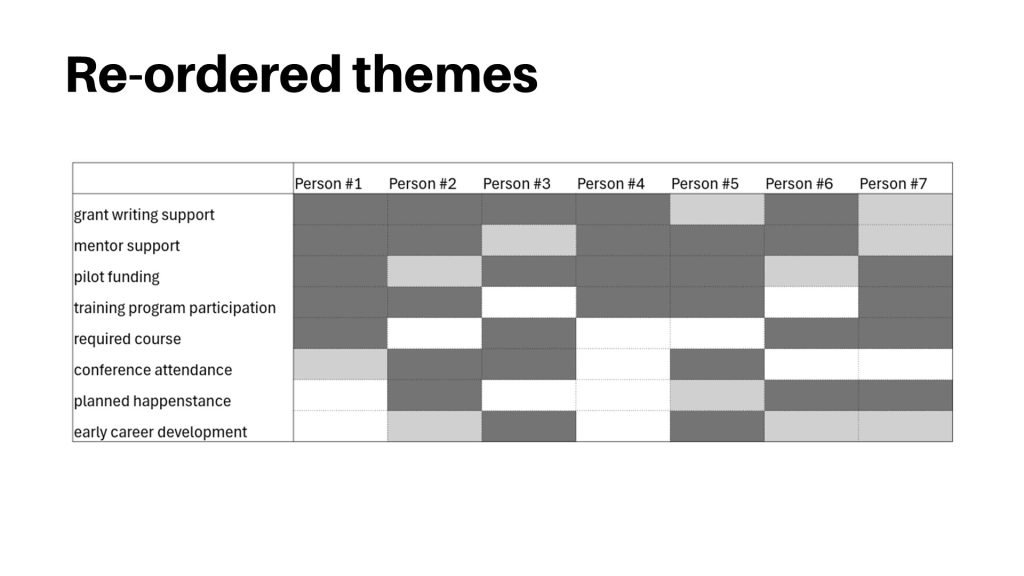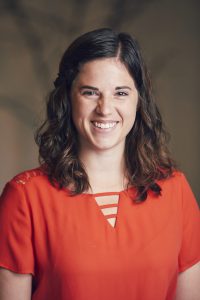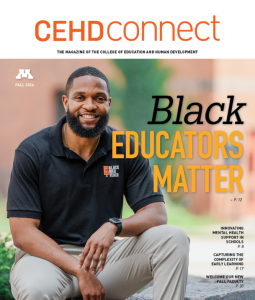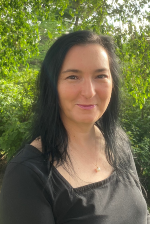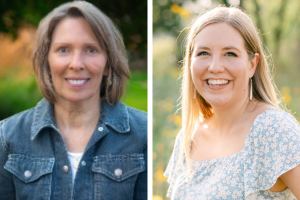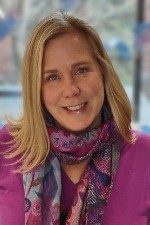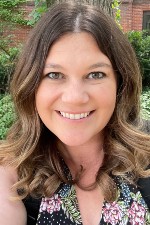“If I had fully understood the complexity of what would go into this, I might have shelved the idea,” says John Till, chief strategy officer at The Family Partnership.
Till is talking about the Empowering Generational Greatness (EGG) Toolkit. EGG is a preschool curriculum that focuses on executive functioning skills. He has been working on it for no less than eight years.
The Family Partnership provides counseling, home visiting, and other services to families working to heal from the lasting effects of adverse childhood experiences (ACEs) and toxic stress–often while navigating systemic barriers to wellbeing.
“ACEs and toxic stress impact things like diabetes and heart disease,” says Till. “But their first impact is on the erosion of executive function and self-regulation skills in children from age three to age five, when those skills are developing the fastest.”
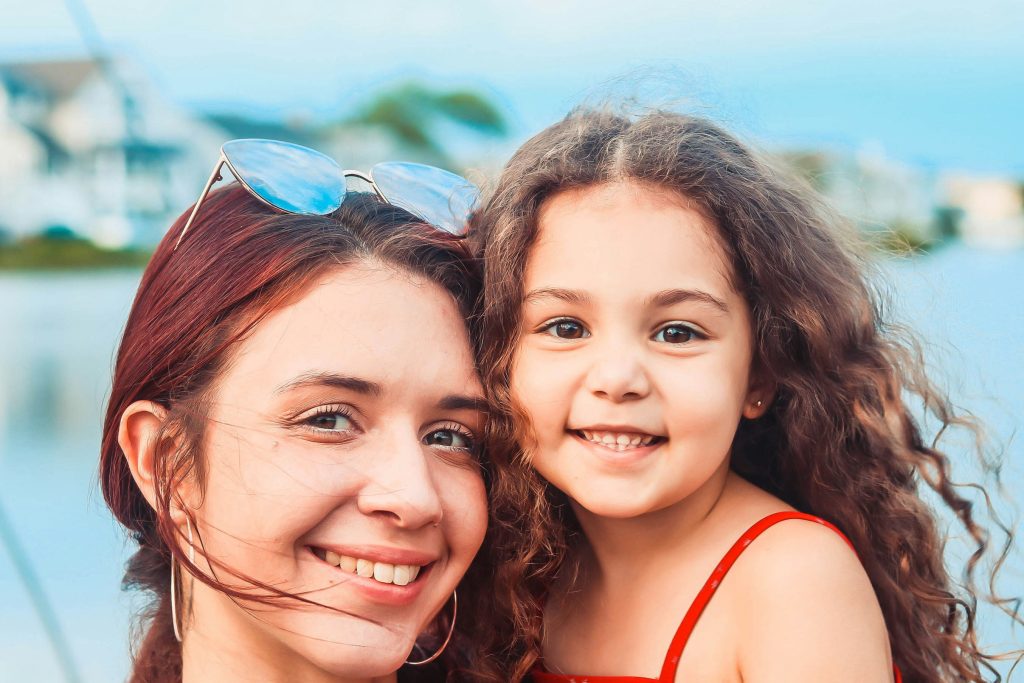
The Family Partnership also operates a therapeutic preschool in south Minneapolis. Inspired by the work of the organization’s therapists, home visitors, and preschool teachers, Till wondered if the impactful interactions these professionals had with families could somehow be repackaged as a curriculum–one with positive behavior strategies that would help children with self-regulation in the short term and protect against ACEs and toxic stress in the long term.
The result is a curriculum that supports both language development and executive function through storytelling. It is called “Empowering Generational Greatness” because its goal is “helping to build these skills in the next generation and in the older generation, in the classroom and in the household, with immediate benefits and lasting lifelong benefits,” says Till.
EGG’s three pillars
The Family Partnership’s preschool classrooms were the initial proving grounds for EGG, which is based on three pillars: internal state language, storytelling, and mindfulness.
“Internal state language” describes how we feel, as well as our thought processes, desires, and perceptions. This can include emotions (“I am frustrated”) and physical sensations (“I am hungry”). It can include conveying what we perceive with our senses or what we conjure up in our imaginations (“I wish that…”). EGG includes carefully chosen children’s books that introduce internal state words and help children understand their meaning. Classroom activities reinforce their understanding; for example, children practice using internal state language with visual aids like a Feelings Wheel and the Teddy the Bear hunger rating scale. They become familiar with the internal state words “icky” and “yucky” by making slime.
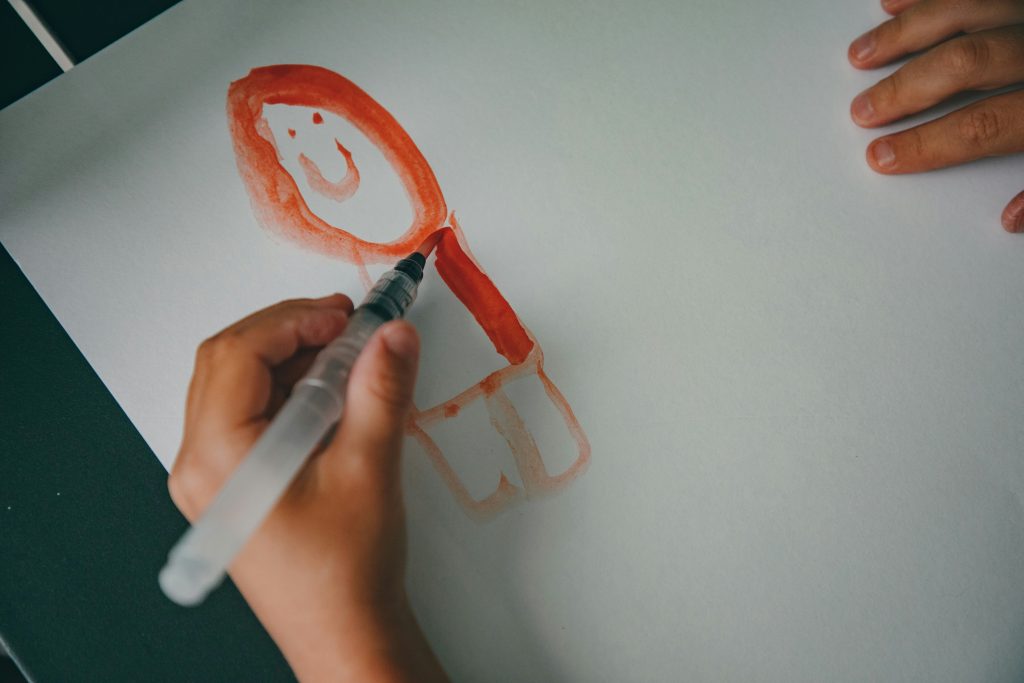
Next, children practice storytelling, relating “emotionally significant” life events, such as falling off a bike. Teachers ask questions to help children structure their story and prompt them to tell how they felt and what they thought at the time. Children also work together to tell the story of something that happened to the group.
“Internal state language allows children to have an alternative to acting out on feelings,” Till says, leading to less time spent on preschool behavior management. “Being able to tell stories allows you to put experiences into context: ‘What might I do differently next time?’ ‘Who helped me?’”
The third pillar is mindfulness activities. Mindfulness helps children recognize when distractions are putting extra demand on their executive functioning “so when things get heated there can be a reset and cooling off,” Till says. The mindfulness activities incorporated into EGG teach children skills that are practical, accessible, and fun.
Putting together the toolkit
The Family Partnership reached out to Research Associate Alyssa Meuwissen, PhD, to evaluate EGG–that is, to figure out if it works. To gauge its effectiveness, Meuwissen and Research Associate Mary McEathron, PhD, survey and interview teachers.
“We ask them about children’s language use and storytelling. We also have teachers provide a fair amount of data on children’s behavior and executive function, both before and after they implement EGG,” says Meuwissen. She and McEathron also measure children’s executive function skills directly using the Minnesota Executive Function Scale (MEFS)–again, before and after EGG.
“[The children are] all going to get better, because they’re getting older, so it’s not a pure measure of the impact,” Meuwissen cautions. “But we are seeing that benefit.”
The CEED team also asks teachers what they think of the curriculum itself. Their feedback shaped the final product: the preschool version of EGG can be completed in 30 minutes a day, five days a week, over 30 weeks (the length of a typical school year). It is thoughtfully packaged as an easy-to-use planning guide and activity cards that can be organized on a binder ring and brought into the classroom.
“Teachers can choose what works for them and plug in activities, fit them in,” says Meuwissen, adding that teachers might choose to do two 15-minute activities at different times of day rather than focus on EGG for 30 minutes straight. The parent-facing version of EGG, meanwhile, takes 10 sessions to complete, and there is a condensed, five-session version that’s perfect for a capstone on an existing parenting class.
“We call it a Toolkit, because it’s something that integrates well with an existing curriculum,” Till says.
Better communication and self-regulation
Preschool teachers and parent educators report that they enjoy EGG–and that they are seeing positive changes. Teachers have seen “an improvement in classroom culture, in children’s ability to empathize, to express themselves, and to ask for help,” says Stephanie Goodwin, communications manager at The Family Partnership. Children have also shown a growing interest in reading.
Goodwin notes that parents have found EGG “gave them some new ways to talk to their kids,” incorporating more internal state language, for example. Teachers, too, have noticed a change in themselves. Goodwin was struck by a story shared by educators from a predominantly Latino community in San Antonio, Texas. They told her about a time when their preschool classroom was discussing a vocabulary word related to sadness.
“A little boy in the classroom spoke up and noticed in a story a connection point to something he had experienced at home when a parent raised their voice and he felt sad,” Goodwin recalls. “The teachers recognized within themselves an internalized expectation of boys to be little men, not to cry, not to show feelings. It challenged them in their own work as teachers to experience a shift.”
EGG works by providing people–children, parents, and teachers alike–with examples and opportunity for self-expression, “so they can re-engage with the full range of emotion,” Goodwin says. This, in turn, supports executive function skills–the first casualty in a potentially lifelong struggle against the toll of toxic stress.
Staff at The Family Partnership feel the urgency of that struggle deeply.
“My mom had dementia, and at the time that [EGG] was coming together she was still alive,” Till remembers. “When we have a loved one suffering from dementia, we would do anything to take that away from them. Don’t we feel the same about children? Wouldn’t we do anything for every single child to be buffered from ACEs and toxic stress, and to grow up healthy, without the problems brought on by those early experiences?”
EGG is an effort to do just that. It has been a long time in the making, but as Till points out, decades can elapse between a new scientific discovery and any real-world impact.
“A lot of what we know about brain science today is based on research that was done in the nineties,” says Till. “Today, most people know that smoking cigarettes will give you cancer, but people are not aware you can have these exposures in early life that can affect your health later. It takes time to raise awareness, and this is an effort to accelerate that, so if we’re where we want to be in 10 years instead of 20, that is success.”



